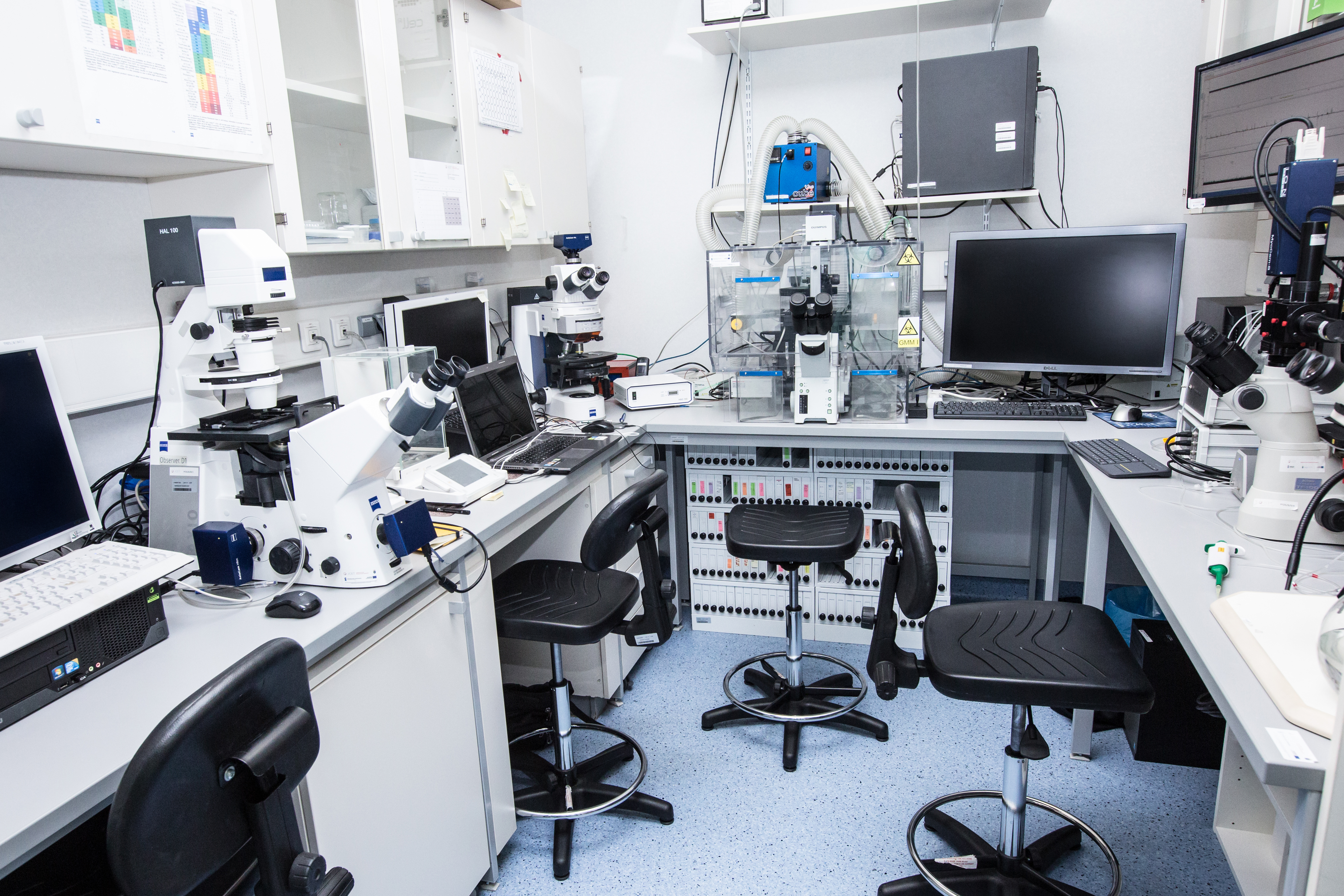
Research topic: Badania z wykorzystaniem kinaz w leczeniu cukrzycy.
Project description:
In recent decades, significant changes have been observed in lifestyle factors such as diet, physical activity, and exposure to microorganisms, which contribute to the rising prevalence of overweight and obesity worldwide. This, in turn, leads to numerous complications and serious conditions associated with metabolic disorders, such as diabetes. Diabetes is currently treated as a chronic disease requiring lifelong maintenance treatment. Natural and long-lasting regeneration of beta cell mass resulting in actual diabetes cure is an important milestone that we all anticipate.
Our research primarily focuses on developing specific inhibitors that will improve the durability of beta cell function. In our experiments, we utilize modern in vitro cell models, such as isolated human pancreatic islets, as well as laboratory mice models, to understand the mechanisms of regeneration of pancreatic endocrine cell fractions.
The doctoral candidate will participate in research activities as part of the project: " Smart tissue engineering to change the paradigm of diabetes treatment." The research will be conducted at the Malopolska Centre of Biotechnology, Jagiellonian University. The doctoral candidate will collaborate with the team involved in the project's implementation.
Scope of work:
The central focus on biochemical analysis of kinases interactions. Protein characterization using structural biology, biochemistry, and molecular biology. Performing the activity tests in vitro and inhibitory screening tests using the specialized cell lines.
Required professional qualifications:
The PhD student must hold Master's degree in Life Sciences discipline. The selected candidate should have practical laboratory experience, supported by references of the academic tutor and qualifications and suitability for research. The PhD Students should have very good knowledge of English (written and spoken), ready to learn the structure related programms and calculations, attending courses and be creative with good and responsible attitude, multitasking approach, and good organizational capacity.
Limit of places: 1
How to apply?
To make the application process fast and easy, please follow the rules:
1. Be familiar with the admission rules 2023/24 [PL version, EN version]
2. Prepare the required documents
3. Follow the recruitment schedule
4. Send your application early enough to the Online Application System



